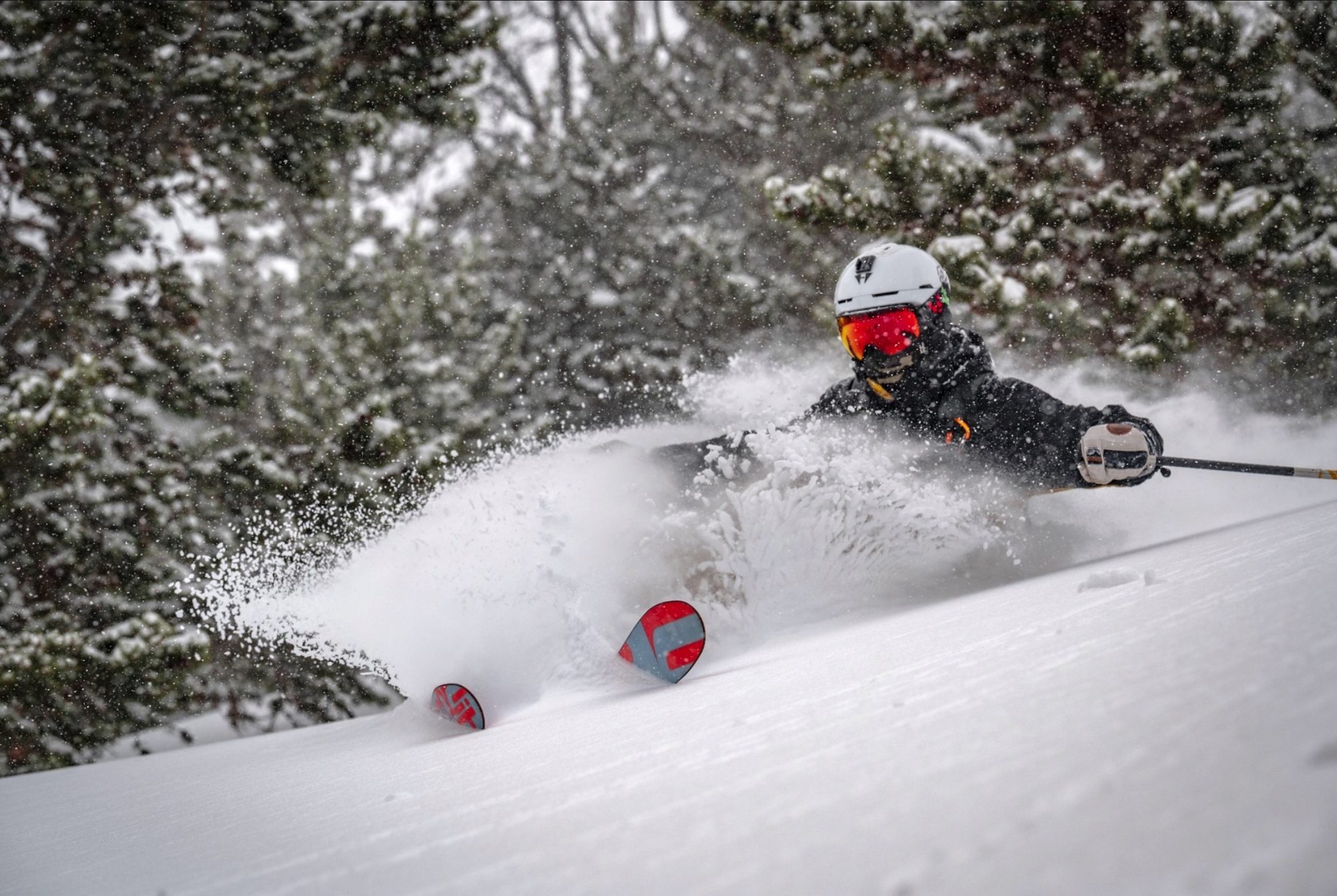Safety and style on the slopes start with a well-chosen ski helmet. Whether you’re an adrenaline-fuelled freerider or a casual resort skier, picking the right helmet is crucial. This ski helmet buyers guide will help you make an informed decision, ensuring you have the perfect helmet for your snowy adventures. Let’s dive into the essentials of ski helmets, exploring everything from styles to safety features.
Why a Ski Helmet Matters
Before hitting the slopes, it’s important to understand the significance of wearing a ski helmet. They are not just about comfort and style; helmets provide essential protection against head injuries. While skiing and snowboarding helmets have become standard across all disciplines, choosing the right one can make a significant difference in safety and performance.
Types of Ski Helmets
Resort Skiing Helmets
These are versatile helmets designed for comfort and convenience, often featuring adjustable ventilation and built-in audio systems to enhance your skiing experience. They’re ideal for all-round skiers who enjoy a bit of everything on the slopes.
Freeride and Backcountry Helmets
Lightweight and well-ventilated, these helmets ensure you stay cool during intense rides. Some models meet both skiing and mountaineering standards (EN 12492), providing extra assurance for backcountry explorers.
Freestyle Helmets
Designed for impact resistance, freestyle helmets are perfect for those who enjoy tricks and jumps both on and off the piste. They offer a stylish design without compromising on protection.
Competitive Helmets
For racers, these FIS-approved helmets offer aerodynamic designs tailored to different skiing disciplines, ensuring you maintain speed and safety.
Getting the Right Fit
Measuring Your Head
Start by measuring your head circumference just above your brows and ears. Here’s a quick guide to sizing:
- XS: 48-53cm (19-21”)
- S: 53-56cm (21-22”)
- M: 56-59cm (22-23”)
- L: 59-62cm (23-24.5”)
- XL: 62-64cm (24.5 – 25”)
Trying it On
Try multiple helmet models to find the most comfortable fit. A well-fitting helmet should sit snugly without pressure points, staying in place when you move your head. Don’t forget to check compatibility with your ski goggles to prevent any gaps where cold air and snow can sneak in.
Helmet Construction and Technology
ABS Helmets
These are robust and durable, made from hard ABS plastic with EPS foam for excellent impact resistance. They’re heavier but offer great protection at a competitive price.
In-mold Helmets
Lightweight and compact, in-mold helmets feature a polycarbonate shell fused to the foam liner, perfect for those who prioritize weight.
Hybrid Helmets
Combining the best of ABS and in-mold technologies, hybrid helmets offer a balance of weight, protection, and impact resistance.
Advanced Safety Features
- MIPS Technology: Provides extra protection by reducing rotational forces during impacts.
- twICEme Technology: Stores vital information in case of an accident, accessible via NFC-enabled smartphones.
Ventilation and Comfort Features
Good ventilation is key to maintaining comfort on the slopes. Look for helmets with adjustable vents and quality, removable linings that are easy to wash. Integrated visors are a bonus, especially for those who wear glasses.
Don’t Forget!
Investing in a quality helmet is a step towards safer, more enjoyable skiing. Whether you’re carving up groomed runs or tackling backcountry trails, the right helmet is your best companion. Ready to hit the slopes with confidence? Explore our selection of helmets and gear up for your next adventure. Remember, the best headspace starts with the right helmet!
Don’t miss out on our latest ski gear reviews and tips! Subscribe to our newsletter for exclusive offers and updates from the skiing world.
Gear up for your next adventure by grabbing helmets from our awesome partner, Ski Exchange!

;)
